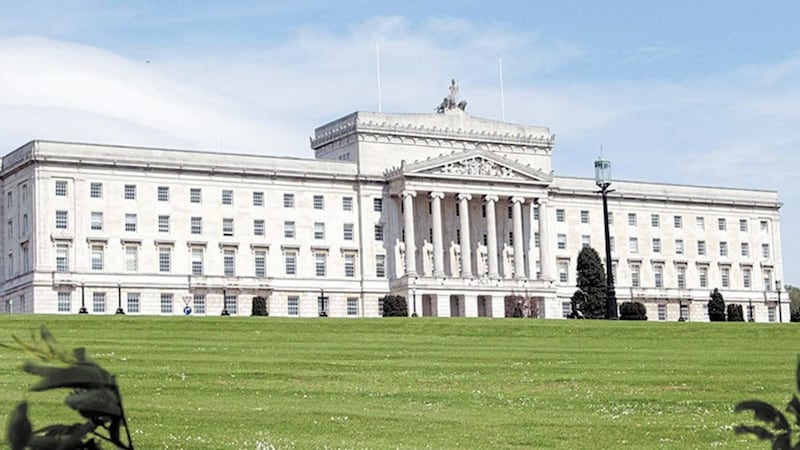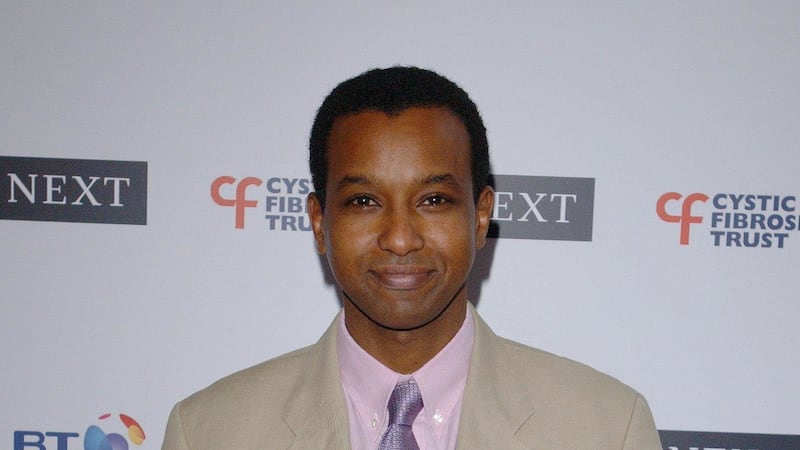WHEN British chancellor Sajid Javid rises to his feet on March 11 to deliver his first Budget since the Tories swept to power in Westminster, like his predecessors he'll doubtless start his statement - long before he gets to the nuts and bolts of how better or worse off we'll all be - with reference to the Office for Budget Responsibility.
It was created a decade ago to provide an authoritative analysis of the UK’s public finances, at arm's length from the government, and it is among a growing number of official independent fiscal watchdogs around the world.
Its members are unashamed number-crunchers (perhaps staid and boring, and it mightn't be a Christmas party most would want a free ticket to). Yet it does a vital jobs.
And hidden deep in the Stormont draft deal text are details of Northern Ireland's own version of an OBR, with an independent fiscal council set to be established by next July.
Like its big brother equivalent in Britain, it will prepare an annual assessment of the Executive’s revenue streams and spending proposals, and how these allow it to balance its budget, probably leading to fewer over- or under-spends and subsequent year-end re-allocation of funds.
It will also prepare an annual report on the sustainability of the Executive’s public finances, including the implications of its spending policy and the effectiveness of long-term efficiency measures.
The 'how's and who's' of this new watchdog's composition will be interesting (expect out-to-grass economists and senior civil servants to be in the mix).
But at least, unlike previous Executives, it'll have multi-year (minimum three-year) budgets to work with, and that alone should contribute to improved overall fiscal governance.
So where are we at now on giving our politicians the power to reduce corporation tax, once seen as the silver bullet to rebalance the north's economy, attract investment and make us more competitive?
Well, it barely rates a mention in the latest draft document, so is effectively a dead duck.
Or as economist Richard Ramsey so eloquently tweeted: "Cutting corporation tax is now likely to be filed in same drawer as the ‘Bridge to Scotland’."








